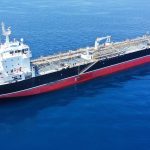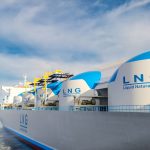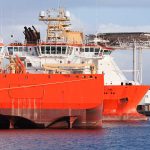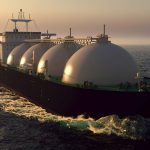
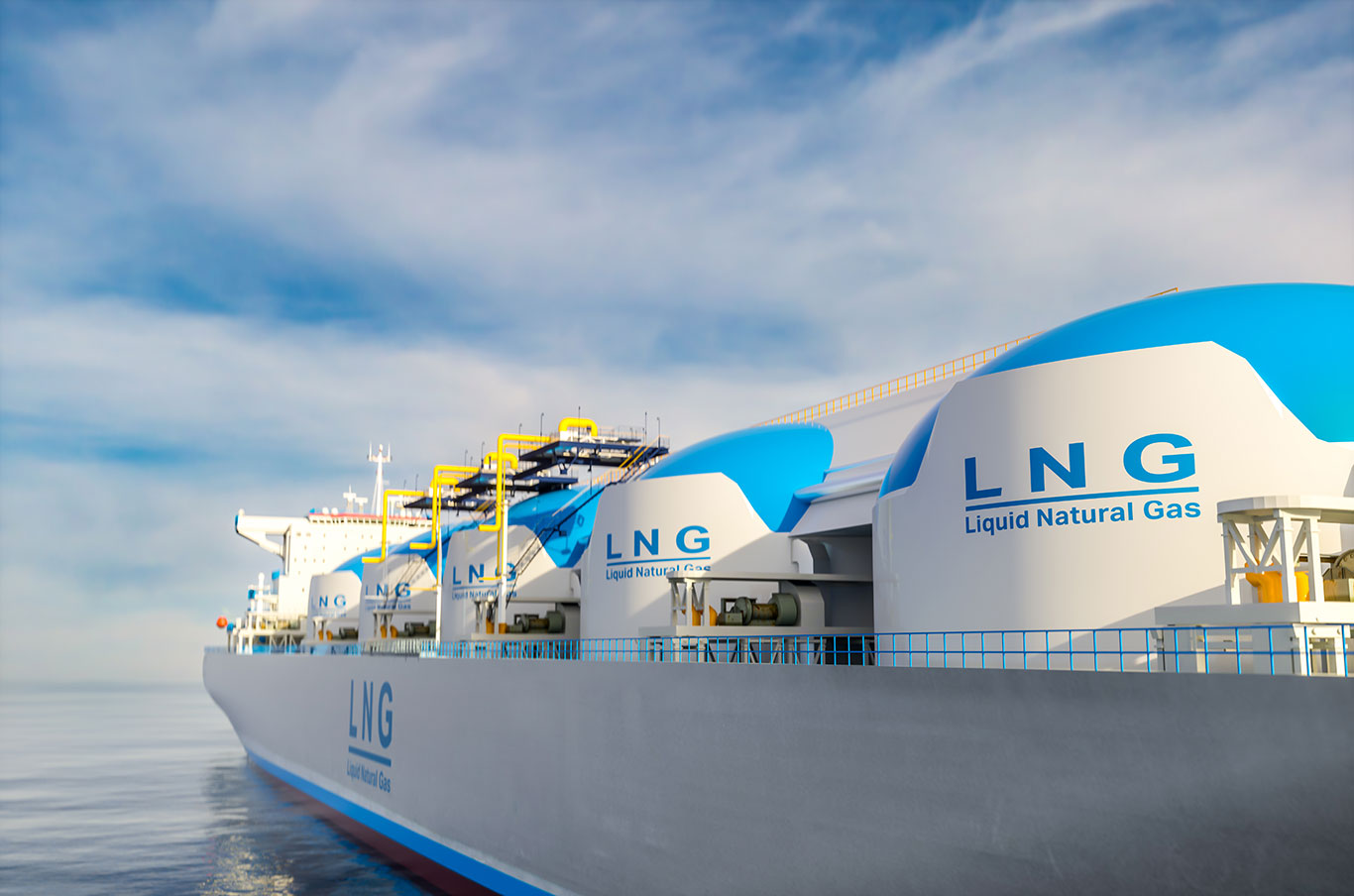
LNG Tanker Valuation: What Influences the Sale Price?
Introduction to LNG Tanker Valuation: What Are the Key Drivers?
LNG tanker valuation is determined by a range of factors, each influencing the sale price in significant ways. Understanding these drivers is essential for investors, shipping companies, and anyone involved in the global LNG trade. Factors such as the vessel’s age, technological advancements, market conditions, and geopolitical influences all play a role in determining a tanker’s worth. By analyzing these elements, one can gain a clearer picture of how to assess the value of an LNG tanker accurately.
Global Supply Chain Impact on LNG Tanker Prices
The global supply chain directly affects LNG tanker prices, primarily through disruptions that influence shipping capacity and demand. When bottlenecks occur in major shipping routes, or when LNG demand surges due to geopolitical shifts, the price of LNG tankers can increase. A tight supply of tankers and rising demand for LNG transportation pushes prices higher, particularly during periods of high energy demand.
LNG Tanker Age and Depreciation Models
The age of an LNG tanker is one of the most critical factors affecting its valuation. As a tanker ages, it experiences depreciation, which reduces its market value. Depreciation models used by the industry show that older vessels face steeper declines in value due to wear and tear, as well as the availability of newer, more technologically advanced alternatives. For example, a 20-year-old LNG tanker might sell for significantly less than a 5-year-old vessel due to higher maintenance costs and reduced operational efficiency.
The Role of Vessel Condition and Maintenance in Valuation
A well-maintained LNG tanker with a detailed service record commands a higher price than one that lacks maintenance records or has undergone extensive repairs. Regular inspections, proper upkeep, and timely repairs help maintain a tanker’s condition, extending its operational lifespan. Tankers with poor maintenance histories or significant structural issues may struggle to find buyers or may sell at a steep discount.
Technological Developments: From Hull Design to Propulsion Efficiency
Technological advancements play a pivotal role in LNG tanker valuations. Tankers equipped with modern hull designs, advanced propulsion systems, and emission control technologies tend to command higher prices. Features like fuel-efficient engines, enhanced hull coatings, and state-of-the-art emissions-reducing technology not only make tankers more eco-friendly but also reduce operational costs, making them more attractive to buyers.
Operational Efficiency: Fuel Consumption and Cost Control
Operational efficiency is a key factor in LNG tanker valuation. Fuel consumption directly impacts the cost of transporting LNG, and more fuel-efficient vessels tend to have higher valuations due to their lower operational costs. For instance, an LNG tanker with a highly efficient propulsion system can reduce fuel consumption by 15-20%, leading to significant cost savings over time. This makes such tankers more attractive to buyers looking to minimize long-term operating expenses.
Environmental Regulations and Compliance Costs
International environmental regulations, particularly those set by the International Maritime Organization (IMO), impose strict standards on LNG tankers. Compliance with these regulations, including emission limits and safety standards, adds to the operational costs of a tanker. Newer tankers designed to meet or exceed these regulations are more expensive, but they are also more attractive to buyers due to lower compliance costs. Conversely, older tankers that require retrofitting to meet these standards may see a reduction in valuation.
Market Trends in LNG Demand and Shipping Capacity
LNG tanker prices fluctuate based on global market trends in LNG demand and shipping capacity. When global demand for LNG surges, such as during colder winter months or due to geopolitical disruptions, the demand for LNG tankers increases, driving up prices. Similarly, when the global fleet size is insufficient to meet demand, prices rise further due to the scarcity of available tankers.
Geopolitical Influences on LNG Tanker Valuation
Geopolitical factors significantly influence the sale price of LNG tankers. Trade sanctions, regional conflicts, and political instability in key LNG-producing or importing regions can restrict supply routes and increase operational risks. Tankers operating in regions affected by geopolitical tensions may face higher insurance costs, and buyers may demand discounts to account for these risks. Conversely, political stability in major LNG trade routes can positively impact tanker valuations by reducing operational uncertainty.
Impact of Charter Rates on Short-Term and Long-Term Prices
Charter rates, both short-term and long-term, have a direct impact on the valuation of LNG tankers. High LNG charter rates signal strong demand for LNG transportation, leading to higher sale prices for tankers. Long-term charter contracts, especially those with stable clients, can significantly increase the valuation of a tanker because they offer guaranteed revenue streams for buyers. On the other hand, a tanker with no charter in place may be less attractive due to the uncertainty of income.
Second-Hand vs New-Build LNG Tankers: Pros and Cons
When comparing the valuation of second-hand LNG tankers to new-build tankers, buyers must weigh the pros and cons of each option. Second-hand tankers are typically less expensive but may come with higher maintenance costs and shorter remaining lifespans. New-build tankers, while more expensive upfront, offer the latest technology, greater fuel efficiency, and a longer operational life. Buyers may prefer new builds when considering long-term investments, especially if they anticipate future regulatory changes.
Long-Term LNG Contracts and Their Effect on Valuation
LNG tankers operating under long-term supply contracts are often valued higher due to the stability these contracts provide. Long-term contracts guarantee steady income for the tanker owner, reducing financial risk for potential buyers. These contracts also offer price predictability, which can be beneficial in volatile markets. The length and terms of the contract, as well as the reliability of the contract counterparties, play crucial roles in determining how much value they add to the tanker.
How Brokers, Shipyards, and Appraisers Determine LNG Tanker Value
Brokers, shipyards, and appraisers use a range of methodologies to determine the value of LNG tankers. These professionals consider factors such as current market conditions, vessel age, technological features, and recent comparable sales. Shipyards also play a role in valuing tankers by providing cost estimates for repairs or upgrades. Appraisers rely on a combination of these data points, along with market intelligence, to provide accurate valuations for buyers and sellers.
Fleet Size, Availability, and Replacement Rates
The overall size of the global LNG tanker fleet and the availability of new tankers impact the valuation of existing vessels. If the fleet size is large and there are many tankers available for sale, prices tend to decrease due to oversupply. However, if the replacement rate for older vessels is slow and new orders for tankers are limited, prices for second-hand tankers can rise due to scarcity. Replacement rates also play a role in shaping future market trends.
Financing Options and Their Role in LNG Tanker Sales
Financing options, such as loans, leasing, and equity investments, significantly influence LNG tanker sales. Buyers with access to favorable financing can afford to pay higher prices, especially for new-build tankers. Conversely, tighter credit conditions or high interest rates may reduce buyer interest, leading to lower sale prices. Leasing options can also provide more flexibility for buyers who prefer not to commit to long-term ownership.
Navigating the Complexities of LNG Tanker Valuation
LNG tanker valuation is a complex process that involves multiple factors, including vessel age, market trends, technological advancements, and geopolitical influences. By understanding these elements, buyers and sellers can navigate the market more effectively and make informed decisions. Whether purchasing a new-build or second-hand vessel, it is essential to consider the long-term operational costs, regulatory compliance, and market conditions that will shape the tanker’s value over time.
Related posts


Buy and Sell Offshore Vessels

Market Trends in LNG Tanker Sales: What Buyers and Sellers Should Know

